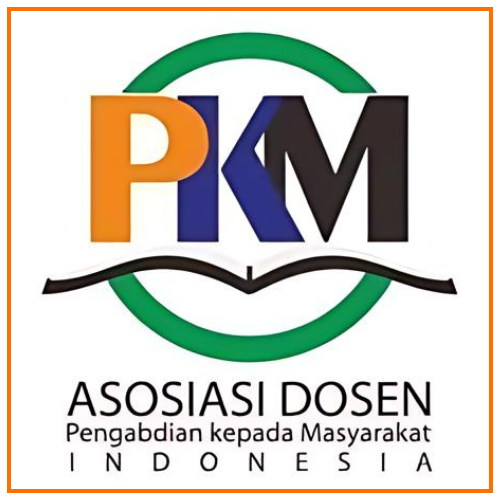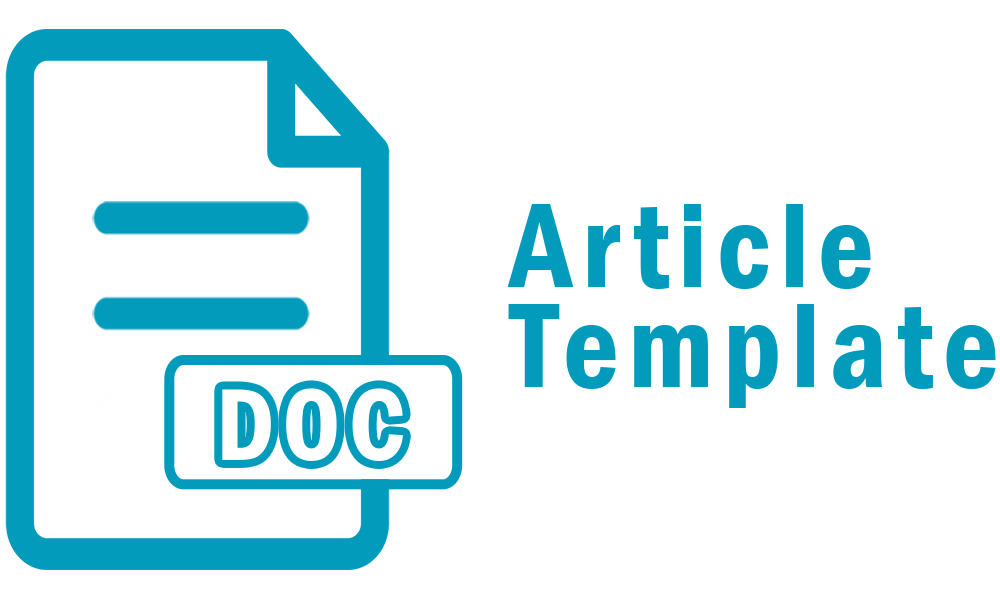The Difficulties of Determining Main Idea on Students Reading Comprehension
Abstract
Keywords: Main Idea; Topic Sentence; Reading Comprehension.
Full Text:
PDFReferences
Atmowardoyo, H. (2018). Research methods in TEFL studies: Descriptive research, case study, error analysis, and R & D. Journal of Language Teaching and Research, 9(1), 197-204.
Boudah, D. J. (2014). The Main Idea Strategy: A Strategy to Improve Reading Comprehension through Inferential Thinking. Intervention in School and Clinic, 49(3), 148-155.
Brown, D. (2001). Teaching by Principles an Interactive Approach to Language Pedagogy. Longman.
Cohen, L., Manion, L., & Morrison, K. (2017). Observation. In Research methods in education (pp. 542-562). Routledge.
Creswell, J. (2012). Educational Research. Pearson.
Fatimah, A. S., Kardijan, D., & Sulastri, F. (2020). Blogging in Extensive Reading: Students’ Voice in Blended Learning Classroom. Vision: Journal for Language and Foreign Language Learning, 9(1), 81-95.
Ghofur, A. (2008). The strategy of Teaching Reading by Summarizing Technique. Okara Jurnal Bahasa dan Sastra.
Hidayati, D. (2018). Students’ Difficulties in Reading Comprehension at the First Grade of SMAN 1 Darussalam Aceh Besar (Doctoral dissertation, UIN Ar-Raniry Banda Aceh).
Holschuh, J. P., & Lampi, J. P. (2018). Comprehension. In Handbook of College Reading and Study Strategy Research (pp. 118-142). Routledge.
Jamila, B. G., Sa’ad, M. T., & Juliet, T. (2023). Efficacy of Co-Teaching on Learners’ Performance in English Language in Inclusive Education in Kaduna State of Nigeria. EPRA International Journal of Multidisciplinary Research (IJMR), 9(9), 318-324.
Jones, M. E., & Christensen, A. E. (2022). Learning to Read. In Constructing Strong Foundations of Early Literacy (pp. 33-46). Routledge.
Kurniati, R., Daud, A., & Masyhur, M. (2023). Reading Interest and Reading Comprehension Ability: The Correlational Study in Secondary Education. JELITA: Journal of Education, Language Innovation, and Applied Linguistics, 2(1), 41-50.
Marzuki, A. G., Alim, N., & Wekke, I. S. (2018, May). Improving the Reading Comprehension through Cognitive Reading Strategies in Language Class of Coastal Area in Indonesia. In IOP Conference Series: Earth and Environmental Science (Vol. 156, No. 1, p. 012050). IOP Publishing.
Marzuki, A. G. (2019). The Implementation of SQ3R Method to Develop Students’ Reading Skills on Islamic texts in EFL class in Indonesia. The Implementation of SQ3R Method to Develop Students’ Reading Skill on Islamic Texts in EFL Class in Indonesia.
Mogea, T. (2023). Improving Students’ Reading Comprehension through Group Discussion Technique. Jurnal Pendidikan dan Sastra Inggris, 3(1), 91-102.
Nasri, C. (2022). Effective Vocabulary Teaching Strategies to Enhance EFL Learners’ Reading Abilities: A Case Study. JELITA: Journal of Education, Language Innovation, and Applied Linguistics, 1(2), 66-78.
Nunan, D. (1999). Second Language Teaching and Learning. University of Hongkong.
Nurjanah, R. L. (2018). The Analysis on Students’ Difficulties in Doing Reading Comprehension Final Test. Metathesis: Journal of English Language, Literature, and Teaching, 2(2), 253-264.
Oshima, A. and Ann, H. (2007). Introduction to Academic English. Longman.
Pourhosein Gilakjani, A., & Sabouri, N. B. (2016). How can Students Improve their Reading Comprehension Skill. Journal of Studies in Education, 6(2), 229.
Santiana, S., Faisal, R. F., & Sri, M. (2023). An Insight into Blog Use in EFL Reading Class. International Journal of Educational Best Practices, 7(1), 132-150.
Saraswati, N. K. R., Dambayana, P. E., & Pratiwi, N. P. A. (2021). An Analysis of Students’ Reading Comprehension Difficulties of Eighth Grade Students at SMP Negeri 4 Tegalalang. Jurnal IKA, 19(1), 34-45.
Scott, W. and Ytrebeg, L. (1990). Teaching English to Children. Longman.
Silalahi, D. E., Herman, H., Sihombing, P. S. R., Damanik, A. S., & Purba, L. (2022). An Analysis of students’ achievement in reading comprehension through higher-order thinking skills (HOTS). Al-Ishlah: Jurnal Pendidikan, 14(2), 1853-1868.
Wibowo, Y. E. W., Syafrizal, S., & Syafryadin, S. (2020). An Analysis of English Teachers’ Strategies in Teaching Reading Comprehension. Journal of Applied Linguistics and Literacy, 4(1), 20-27.
Willson, S., & Miller, K. (2014). Data collection. Cognitive interviewing methodology, 15-33.
DOI: https://doi.org/10.37058/jelita.v2i2.7974
Refbacks
- There are currently no refbacks.








Journal of Education, Language Innovation, and Applied Linguistics
Lembaga Penelitian, Pengabdian Kepada Masyarakat dan Penjaminan Mutu Pendidikan (LP2M-PMP) Universitas Siliwangi
Jalan Siliwangi Number 24, Kota Tasikmalaya - 46115
West Java, Indonesia










